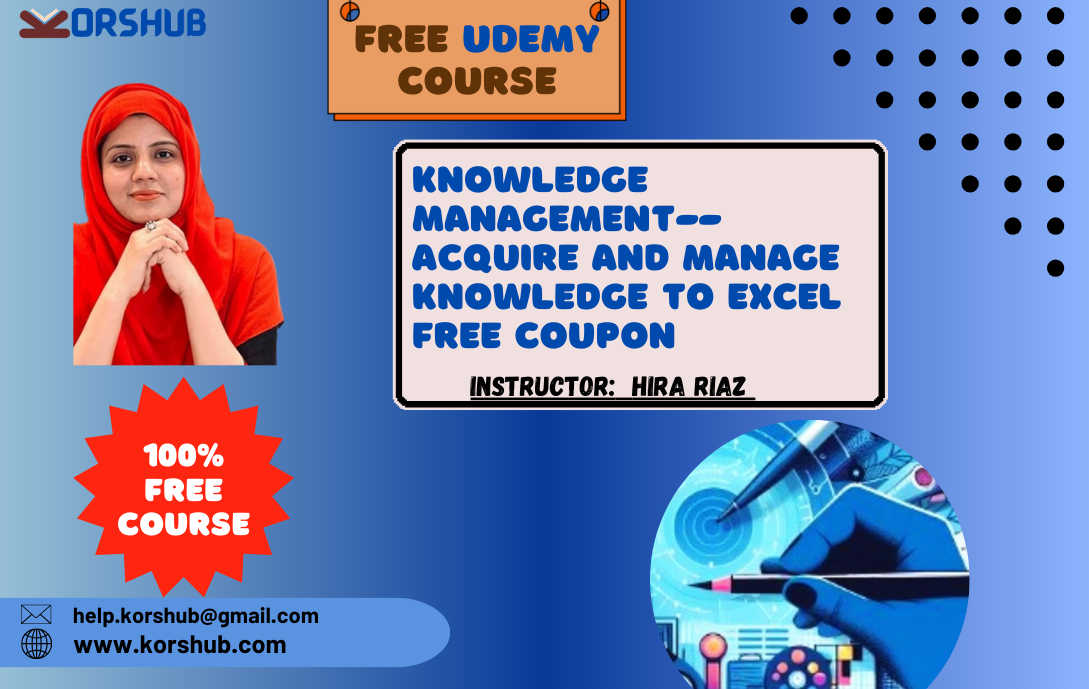Introduction
In today's information age, knowledge is power. But with the constant influx of data and resources, simply acquiring knowledge is no longer enough. The key to truly excelling lies in knowledge management, a strategic approach to capturing, organizing, and leveraging information to achieve your goals.
Think of it like building a well-stocked and expertly organized library. Imagine having all the information you need readily available, perfectly categorized, and easily accessible. That's the power of effective knowledge management.
Why Knowledge Management Matters
Whether you're an individual aiming for personal growth, a leader steering a team, or a company navigating a competitive market, knowledge management offers a multitude of benefits:
-
Enhanced Productivity: Imagine spending less time searching for information and more time applying it. Knowledge management streamlines information flow, allowing you to focus on tasks that truly matter.
-
Improved Decision-Making: Effective knowledge management ensures you're basing your choices on the best available information, leading to more informed and successful decisions.
-
Reduced Redundancy: By establishing a centralized knowledge base, you eliminate the duplication of efforts and ensure everyone is working from the same set of guidelines.
-
Innovation and Problem-Solving: Knowledge management fosters collaboration and knowledge sharing, creating a breeding ground for innovative solutions and efficient problem-solving.
-
Competitive Advantage: In a knowledge-driven economy, possessing and effectively utilizing relevant knowledge can give you a significant edge over the competition.
Building a Strong Knowledge Management System
Here's how you can start building a knowledge management system that fuels your success:
1. Identify Your Needs:
Start by defining your goals. What knowledge is critical for your success? Who needs access to it? Consider conducting a needs assessment within your team or organization to gain an understanding of your specific requirements.
2. Gather Your Knowledge:
Now comes the acquisition phase. This might involve collecting existing documents, conducting expert interviews, recording processes, or utilizing external resources like industry reports and research papers.
3. Organize and Refine:
Once you have the information, it's time to organize it in a way that's clear, logical, and accessible. Consider categorizing knowledge by topic, project, department, or any other relevant system. Don't forget to include metadata and keywords to make information easily searchable.
4. Choose the Right Platform:
There are various knowledge management systems available, from simple file-sharing platforms to dedicated software solutions. Choose a platform that aligns with your needs and budget.
5. Foster a Culture of Sharing:
Knowledge management isn't solely about the system, it's about your people. Encourage knowledge sharing by creating an environment where people feel comfortable contributing and learning from each other. This might involve setting up knowledge-sharing communities, rewarding contributions, or implementing knowledge-sharing incentives.
6. Continually Improve:
Knowledge management is an ongoing process. Regularly evaluate the effectiveness of your system and make adjustments as needed. Ensure your knowledge base remains up-to-date and relevant by incorporating new information and removing outdated resources.
Knowledge Management in Action: Examples
Here are a few examples of how knowledge management can be applied in different scenarios:
-
A customer service team: A centralized knowledge base containing product information, troubleshooting guides, and FAQs allows customer service representatives to answer inquiries quickly and efficiently.
-
A software development team: A repository of code samples, design documents, and technical specifications helps developers avoid duplicating efforts and ensures consistency across projects.
-
A marketing team: A collection of market research reports, competitor analysis, and customer data empowers marketers to develop targeted campaigns and optimize strategies.
Knowledge Management: Invest in Your Success
Effective knowledge management isn't just about collecting information, it's about harnessing the power of knowledge to achieve your goals. By implementing a strategic approach to knowledge acquisition, organization, and sharing, you can unlock a wealth of potential and pave the way for individual and organizational success.
Conclusion: The Continuous Journey of Knowledge Management
In today's dynamic world, knowledge is not a static entity, it's a constantly evolving landscape. The key to success lies not just in acquiring knowledge, but in continuously refining your knowledge management practices. As technologies advance and information landscapes shift, be prepared to adapt your system, embrace new learning methods, and foster a culture of lifelong learning within your team or organization.
Remember, knowledge management is an investment. The time and resources you dedicate to building a robust system will yield significant returns in the form of enhanced productivity, improved decision-making, and a competitive edge. Start your knowledge management journey today, and watch your potential – and your success – soar.
Ready to start your knowledge management journey? Join the conversation in the comments below! Share your successes, challenges, and questions about building a robust knowledge management system.
Remember, knowledge is power. But true power lies in how you manage it.



